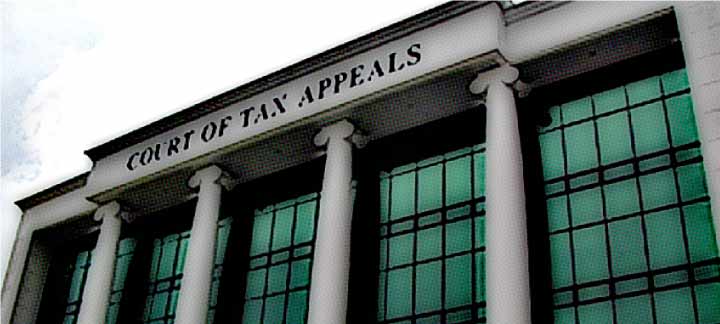Appealing an IRS Audit
The IRS may decide to audit you for any number of reasons and the IRS audit itself can take a look at many different types of taxes, information and go back 3 or 6 years. However, did you know that once the audit is complete and the revenue agent reaches a conclusion, you do not necessarily have to accept that conclusion? In fact, many times you can reach a far better settlement than is offered upon completion of the audit. Read on to learn how.
What if I Disagree With the IRS Findings During My Audit?
At the conclusion of the audit, the taxpayer will receive an official decision from the IRS. The taxpayer has the opportunity to appeal the IRS’s decision within 30 days of receiving the official determination. If the taxpayer chooses to appeal, an IRS Appeals Officer is assigned to the case and further negotiations take place.
How to Appeal an Audit
The first step in the appeals process requires the taxpayer to file a notice of appeal within 30 days of receiving the IRS audit decision letter. If the taxpayer misses the 30 day deadline, they may still be able to appeal the audit, but it is much more difficult. The appeal must include sufficient supporting documentation, evidence, facts and legal analysis as to why the taxpayer believes they should receive a different result at the end of the appeal. Even if you have dealt with the IRS yourself up to this point, it would be wise to seek the counsel of an experienced tax attorney before pushing onward in the tax appeal process.
How to Prepare for the Appeal Hearing
After filing an appeal, the IRS usually gives the taxpayer 60 days to prepare for the appeal hearing. The hearing gives the taxpayer the opportunity to present his or her case to the IRS, complete with all supporting documentation, receipts, statements, and other forms. At the hearing phase, it is very important that your arguments are presented in a comprehensive and organized manner. Legal analysis and sufficient evidence and legal authority are also essential to prevailing at an appeal hearing, because IRS Appeals Officers are even more sophisticated and discerning that IRS Revenue Agents.
Negotiating a Settlement
Many disputes with the IRS can be settled at the appeals stage. It is a relatively informal venue which exists to help the IRS and taxpayers settle any disagreements over the application of tax law. Ultimately, the IRS wants its money so it may be more likely to negotiate with taxpayers during this phase. In addition, the Appeals Officers take a fresh look at all the evidence and legal arguments before coming to a final determination. However, getting the desired result as a taxpayer will depend on the taxpayer being able to supports its disagreements with facts and legal authority.
If a settlement is reached at the Appeals Hearing, the IRS will issue a Form 870, or Consent to Proposed Tax Adjustment. By signing that official document, the taxpayer agrees that they consent to the settlement and will not be able to challenge the tax case at a future time.
The Critical Role of a Tax Attorney in Tax Appeals
At the appeals stage, the IRS Appeals Agents are even more sophisticated and knowledgeable than IRS Revenue Agents. In order to achieve a favorable results on appeal, you must be able to make your case in an organized and thorough manner. An experienced tax lawyer can present your case in the most convincing manner, using evidence as well as legal authority and analysis. If you have received information from the IRS documenting your right to appeal, call today for a free consultation.



Comments (0)